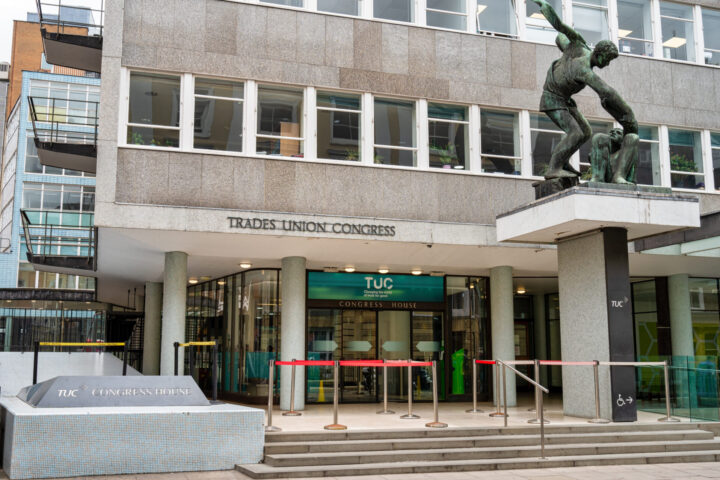The number of people in insecure work in the UK has reached a record high of 4.1 million, according to new analysis by the Trades Union Congress (TUC). The study, published today, reveals that 1 in 8 workers are now in employment that offers little or no security.
The TUC’s analysis shows that the number of people in precarious employment, which includes zero-hours contracts, low-paid self-employment, and casual or seasonal work, has increased by nearly one million between 2011 and 2023. Over this period, insecure work has risen nearly three times faster than secure employment. While the number of insecure jobs increased by 31%, secure employment saw only an 11% rise.
Regional disparities are also evident, with areas like the West Midlands and the South West seeing 1 in 7 workers in insecure employment. The growth in insecure work has been primarily driven by low-paid industries such as care, leisure, service occupations, and elementary occupations, where the number of precarious jobs has increased by over 600,000 since 2011.
The TUC highlights a significant pay penalty for those in insecure work. Workers on zero-hours contracts earn, on average, 35% less per hour than those on median pay. Similarly, workers in seasonal and casual jobs earn 33% and 37% less per hour, respectively, compared to median earners.
TUC general secretary Paul Nowak criticised the government’s handling of employment standards, accusing the Conservatives of presiding over a “race to the bottom.” He stated, “We need a government that will make work pay. But over the last 14 years we have seen an explosion in insecure, low-paid work. The UK’s long experiment with a low-rights, low-wage economy has been terrible for growth, productivity, and living standards.”
The TUC calls for a New Deal for Working People, which it believes would significantly improve workers’ rights. Labour’s New Deal includes proposals to strengthen collective bargaining, introduce pay gap reporting, ban zero-hours contracts, and give all workers day one rights on the job. The TUC believes that these measures would prevent workers from being treated as “throw-away labour” and ensure fair competition among employers.
The Chartered Management Institute’s polling indicates strong support for the New Deal policies among managers, with 82% supporting day one rights for workers, and 74% backing a ban on zero-hours contracts.

















